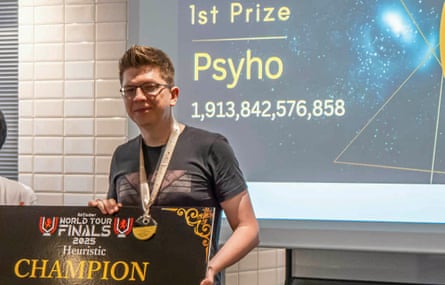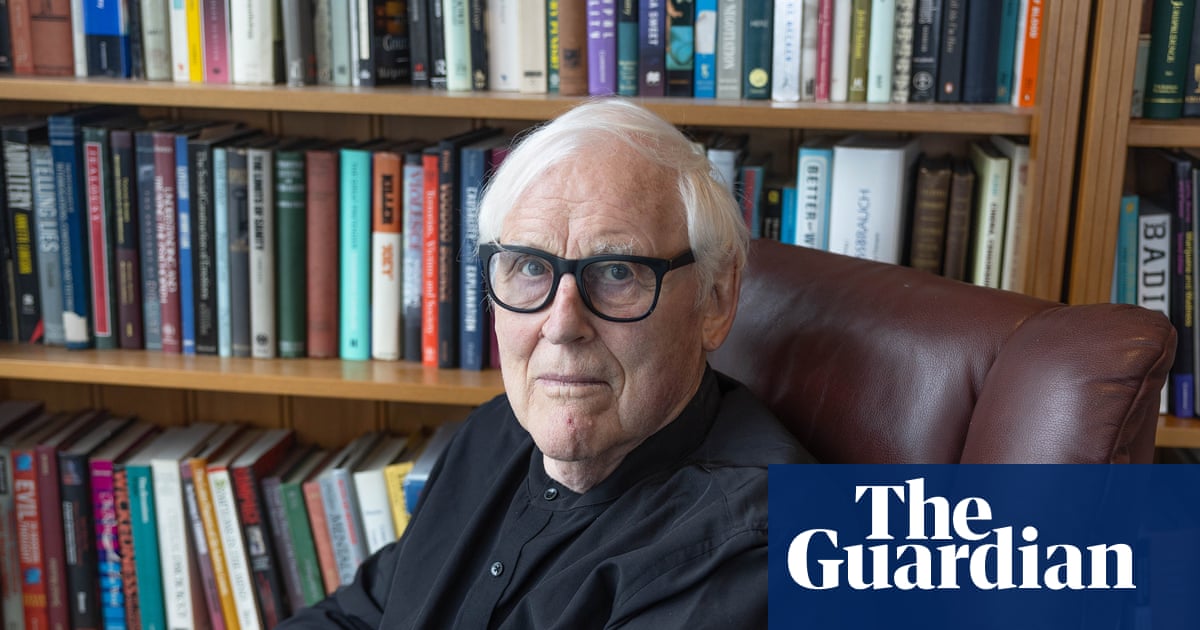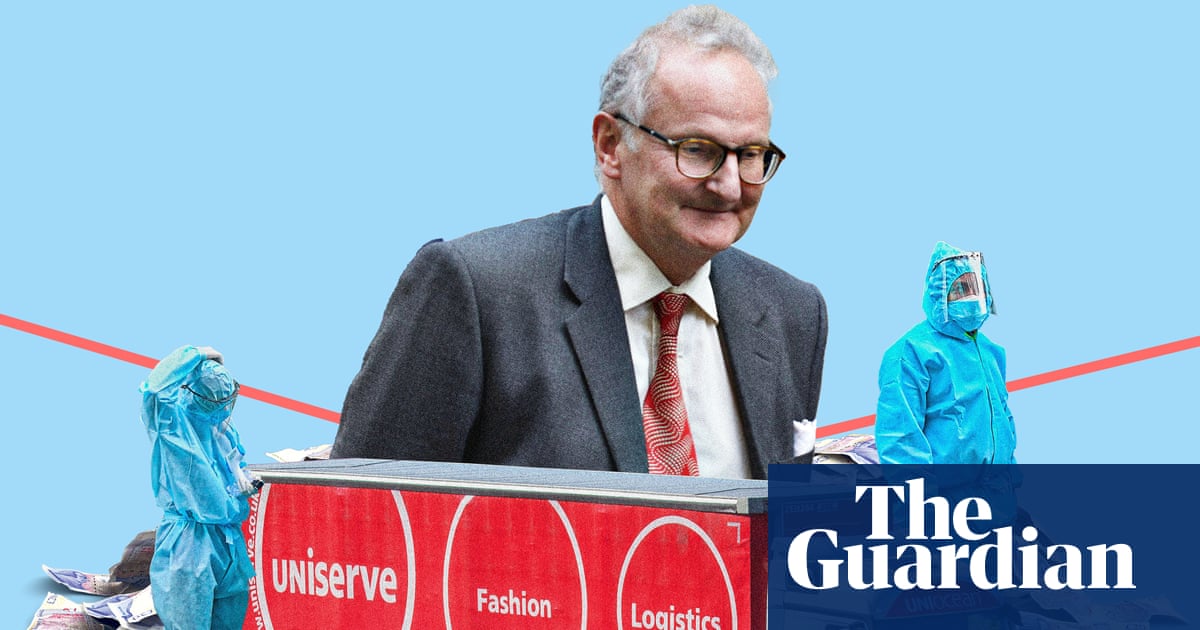Computers have taken the crown in chess, Go and poker, but when it comes to competitive coding, humans still have the edge – just.
Earlier this month Przemysław Dębiak, a Polish coder and mind sports champion, narrowly clinched a victory over OpenAI’s entrant in the AtCoder World Tour Finals 2025, in Tokyo. However, the elite coder, who goes by the online name Psyho, predicts he may be the last human to win the prestigious title due to the incredible pace of technological progress.
“That’s probable,” said Psyho, 41, who previously worked at OpenAI before retiring five years ago. “I would prefer not, mostly because I like these competitions and knowing there’s this magical entity that can do it better than me would be a little bit frustrating.”
There is an irony, Psyho acknowledged, that coders have contributed to their own professional demise.
“Before the contest, I tweeted ‘Live by the sword, die by the sword’,” he said. “I helped developing AI and I would be the one who would be the loser of the match. Although I won, in the end, for now.”

The AtCoder euristic division included 11 human participants (invited on the basis of world rankings) and a coding algorithm designed by OpenAI, which finished in second place, 9.5% behind Psyho’s winning score. Sam Altman, OpenAI’s CEO, tweeted his congratulations.
The 10-hour contest involves solving a complex optimisation problem. A classic in the genre is the “travelling salesman problem”, where the salesman needs to figure out the shortest possible route between multiple cities, each visited once. Typically, these problems are simple to state, but finding an optimal solution is computationally very complex. And so, while ChatGPT is now routinely used to write boilerplate code, the AI’s performance on an open-ended logic problem will be viewed as impressive.
“At the current state, humans – top humans, to be clear – are still much better at reasoning and solving complex problems,” said Psyho. But humans are “bottlenecked” by how quickly they can type code, while an AI can try out lots of small adjustments very rapidly.
“The model is like cloning a single human multiple times and working in parallel,” he said. “AI might not be the smartest right now but it’s definitely the fastest. And sometimes multiplying a single average person many many times produces a better result than a single, special human being.”
The result comes as major tech companies, including Meta and Microsoft, are turning to AI to write software code. Dario Amodei, the Anthropic CEO, warned in May that AI could take 20% of white-collar jobs in the next one to five years.
“Every profession has this right now, more or less,” said Psyho. “Some people have it coming right now – all of the white collar jobs. For manual jobs, robotics is lagging by several years.”
Like many in the industry, Psyho is ambivalent about the potential impact of ever more powerful AI models. “We have a tonne of issues,” he said. “Disinformation, social impact, humans not having a purpose in life. Historically society moves at a very slow pace. Technological progress right now is moving at a faster and faster and faster pace.”

 3 months ago
101
3 months ago
101

















































